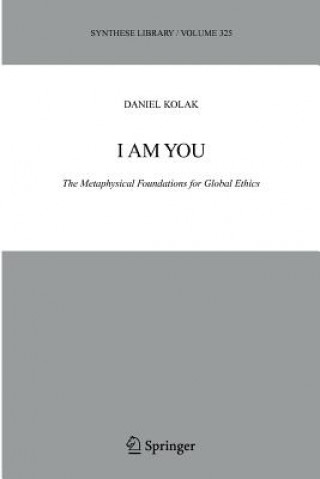
Kód: 01975026
I Am You
Autor Daniel Kolak
Borders enclose and separate us. We assign to them tremendous significance. Along them we draw supposedly uncrossable boundaries within which we believe our individual identities begin and end, erecting the metaphysical dividing w ... celý popis
- Jazyk:
 Angličtina
Angličtina - Väzba: Brožovaná
- Počet strán: 659
Nakladateľ: Springer, 2010
- Viac informácií o knihe

409.52 €

Skladom u dodávateľa v malom množstve
Odosielame za 12 - 15 dní
Potrebujete viac kusov?Ak máte záujem o viac kusov, preverte, prosím, najprv dostupnosť titulu na našej zákazníckej podpore.
Pridať medzi želanie
Mohlo by sa vám tiež páčiť
-

Rewind, Play, Fast Forward
55.10 € -

Ismailia 2 Volume Set
93.83 € -15 % -

Noah and the North Star
22.74 € -

Midsummer Night's Dream: The Oxford Shakespeare
8.48 € -22 % -

Canada
40.03 € -

Kein Weg zurück
21.73 € -

Übungsheft 3. Klasse - Mathe-Abenteuer im Mittelalter
10.41 €
Darujte túto knihu ešte dnes
- Objednajte knihu a vyberte Zaslať ako darček.
- Obratom obdržíte darovací poukaz na knihu, ktorý môžete ihneď odovzdať obdarovanému.
- Knihu zašleme na adresu obdarovaného, o nič sa nestaráte.
Viac informácií o knihe I Am You
Nákupom získate 1025 bodov
 Anotácia knihy
Anotácia knihy
Borders enclose and separate us. We assign to them tremendous significance. Along them we draw supposedly uncrossable boundaries within which we believe our individual identities begin and end, erecting the metaphysical dividing walls that enclose each one of us into numerically identical, numerically distinct, entities: persons. Do the borders between us - physical, psychological, neurological, causal, spatial, temporal, etc. - merit the metaphysical significance ordinarily accorded them? The central thesis of I Am You is that our borders do not signify boundaries between persons. We are all the same person. Variations on this heretical theme have been voiced periodically throughout the ages (the Upanishads, Averroës, Giordano Bruno, Josiah Royce, Schrödinger, Fred Hoyle, Freeman Dyson). In presenting his arguments, the author relies on detailed analyses of recent formal work on personal identity, especially that of Derek Parfit, Sydney Shoemaker, Robert Nozick, David Wiggins, Daniel C. Dennett and Thomas Nagel, while incorporating the views of Descartes, Leibniz, Wittgenstein, Schopenhauer, Kant, Husserl and Brouwer. His development of the implied moral theory is inspired by, and draws on, Rawls, Sidgwick, Kant and again Parfit. The traditional, commonsense view that we are each a separate person numerically identical to ourselves over time, i.e., that personal identity is closed under known individuating and identifying borders - what the author calls Closed Individualism - is shown to be incoherent. The demonstration that personal identity is not closed but open points collectively in one of two new directions: either there are no continuously existing, self-identical persons over time in the sense ordinarily understood - the sort of view developed by philosophers as diverse as Buddha, Hume and most recently Derek Parfit, what the author calls Empty Individualism - or else you are everyone, i.e., personal identity is not closed under known individuating and identifying borders, what the author calls Open Individualism. In making his case, the author: §- offers a new explanation both of consciousness and of self-consciousness §- constructs a new theory of Self §- explains psychopathologies (e.g. multiple personality disorder, schizophrenia) §- shows Open Individualism to be the best competing explanation of who we are §- provides the metaphysical foundations for global ethics. §The book is intended for philosophers and the philosophically inclined - physicists, mathematicians, psychiatrists, psychologists, linguists, computer scientists, economists, and communication theorists. It is accessible to graduate students and advanced undergraduates.Borders enclose and separate us. We assign to them tremendous significance. Along them we draw supposedly uncrossable boundaries within which we believe our individual identities begin and end, erecting the metaphysical dividing walls that enclose each one of us into numerically identical, numerically distinct, entities: persons. Do the borders between us physical, psychological, neurological, causal, spatial, temporal, etc. merit the metaphysical significance ordinarily accorded them? The central thesis of I Am You is that our borders do not signify boundaries between persons. We are all the same person. Variations on this heretical theme have been voiced periodically throughout the ages (the Upanishads, Averroës, Giordano Bruno, Josiah Royce, Schrödinger, Fred Hoyle, Freeman Dyson). In presenting his arguments, the author relies on detailed analyses of recent formal work on personal identity, especially that of Derek Parfit, Sydney Shoemaker, Robert Nozick, David Wiggins, Daniel C. Dennett and Thomas Nagel, while incorporating the views of Descartes, Leibniz, Wittgenstein, Schopenhauer, Kant, Husserl and Brouwer. His development of the implied moral theory is inspired by, and draws on, Rawls, Sidgwick, Kant and again Parfit. The traditional, commonsense view that we are each a separate person numerically identical to ourselves over time, i.e., that personal identity is closed under known individuating and identifying borders what the author calls Closed Individualism is shown to be incoherent. The demonstration that personal identity is not closed but open points collectively in one of two new directions: either there are no continuously existing, self-identical persons over time in the sense ordinarily understood the sort of view developed by philosophers as diverse as Buddha, Hume and most recently Derek Parfit, what the author calls Empty Individualism or else you are everyone, i.e., personal identity is not closed under known individuating and identifying borders, what the author calls Open Individualism. In making his case, the author: §offers a new explanation both of consciousness and of self-consciousness §constructs a new theory of Self §explains psychopathologies (e.g. multiple personality disorder, schizophrenia) §shows Open Individualism to be the best competing explanation of who we are §provides the metaphysical foundations for global ethics. §The book is intended for philosophers and the philosophically inclined physicists, mathematicians, psychiatrists, psychologists, linguists, computer scientists, economists, and communication theorists. It is accessible to graduate students and advanced undergraduates.
 Parametre knihy
Parametre knihy
Zaradenie knihy Knihy po anglicky Humanities Philosophy Philosophy: metaphysics & ontology
409.52 €
- Celý názov: I Am You
- Podnázov: The Metaphysical Foundations for Global Ethics
- Autor: Daniel Kolak
- Jazyk:
 Angličtina
Angličtina - Väzba: Brožovaná
- Počet strán: 659
- EAN: 9789048167647
- ISBN: 9048167647
- ID: 01975026
- Nakladateľ: Springer
- Hmotnosť: 1068 g
- Rozmery: 240 × 160 × 37 mm
- Dátum vydania: 28. October 2010
Obľúbené z iného súdka
-
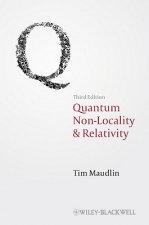
Quantum Non-Locality & Relativity - Metaphysical Intimations of Modern Physics 3e
50.85 € -

Convoluted Universe: Book One
20.31 € -3 % -
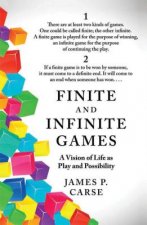
Finite and Infinite Games
16.98 € -16 % -
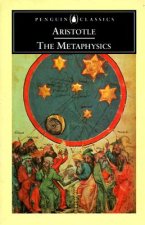
Metaphysics
13.64 € -21 % -
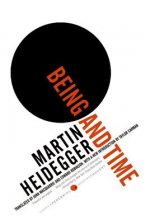
Being and Time
19.40 € -16 % -

Life Of The Mind
22.14 € -4 % -

Neville Goddard
32.15 € -

Sum
10.81 € -1 % -

Scholastic Metaphysics
25.98 € -
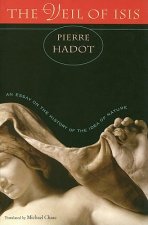
Veil of Isis
30.22 € -1 % -

Body in Pain
18.60 € -19 % -
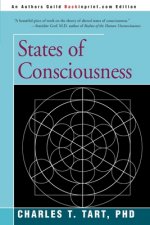
States of Consciousness
16.57 € -17 % -

Encyclopedia of Time
505.48 € -9 % -

Chiropractic Text Book
42.06 € -

Austrian Subjectivism & the Emergence of Entrepreneurship Theory
23.55 € -
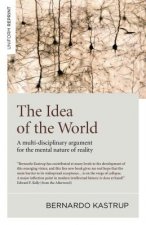
Idea of the World, The - A multi-disciplinary argument for the mental nature of reality
18.09 € -15 % -

Why Materialism is Baloney
15.76 € -15 % -

Rationalist Spirituality - An exploration of the meaning of life and existence informed by logic and science
12.23 € -15 % -
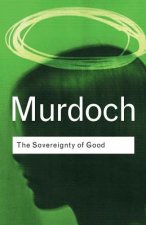
Sovereignty of Good
17.69 € -4 % -
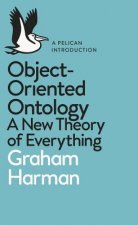
Object-Oriented Ontology
11.52 € -19 % -
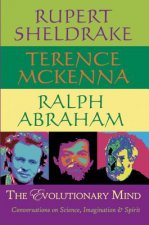
Evolutionary Mind
16.17 € -19 % -
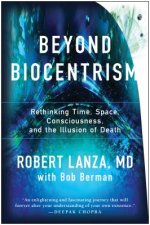
Beyond Biocentrism
15.26 € -6 % -

Logic Manual
16.37 € -

Problems of Philosophy
12.23 € -
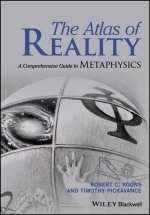
Atlas of Reality: A Complete Guide to Metaphys ics
47.31 € -

Scent of Time - A Philosophical Essay on the Art of Lingering
17.99 € -3 % -
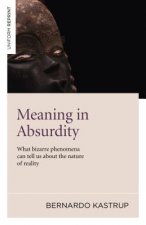
Meaning in Absurdity - What bizarre phenomena can tell us about the nature of reality
15.16 € -16 % -
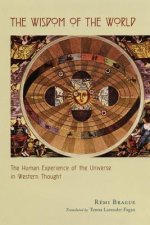
Wisdom of the World
45.19 € -
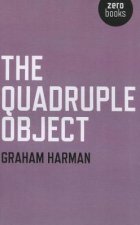
Quadruple Object, The
15.16 € -16 % -
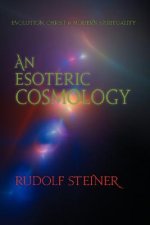
Esoteric Cosmology
19.40 € -
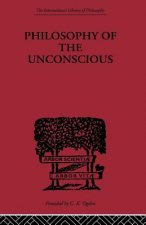
Philosophy of the Unconscious
73.20 € -

Brief Peeks Beyond - Critical essays on metaphysics, neuroscience, free will, skepticism and culture
15.76 € -15 % -

Secret Doctrine of the Rosicrucians
23.65 € -

Being Ecological
10.81 € -24 % -

De Anima (On the Soul)
12.12 € -23 % -
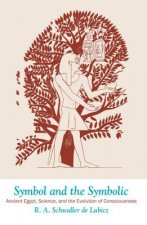
Symbol and the Symbolic
13.54 € -4 % -
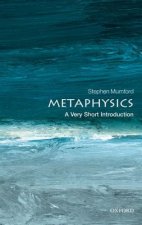
Metaphysics: A Very Short Introduction
9.09 € -23 % -

What Is Philosophy for?
25.67 € -17 % -
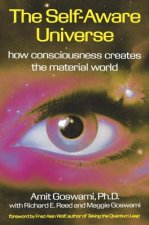
Self-Aware Universe
18.29 € -9 % -

Tertium Organum
16.57 € -

Human Animal
101.82 € -
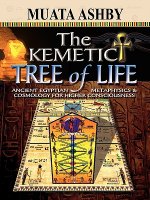
Kemetic Tree of Life Ancient Egyptian Metaphysics and Cosmology for Higher Consciousness
27.09 € -
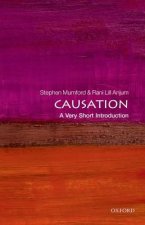
Causation: A Very Short Introduction
10 € -22 % -

Golden Chain of Homer
23.45 € -

Divine Blueprint
27.49 € -

Quantum Ontology
69.66 € -

Nobility of Spirit
16.27 € -10 % -
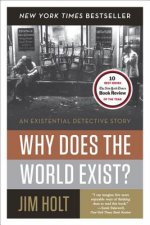
Why Does the World Exist?
18.19 € -4 % -

On the Mysteries of the Egyptians, Chaldeans and Assyrians
25.78 € -4 %
Osobný odber Bratislava a 2642 dalších
Copyright ©2008-24 najlacnejsie-knihy.sk Všetky práva vyhradenéSúkromieCookies


 21 miliónov titulov
21 miliónov titulov Vrátenie do mesiaca
Vrátenie do mesiaca 02/210 210 99 (8-15.30h)
02/210 210 99 (8-15.30h)